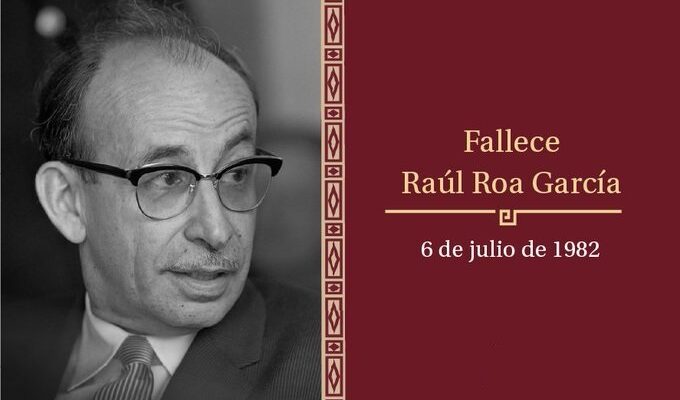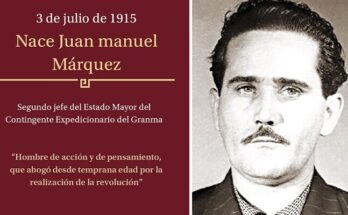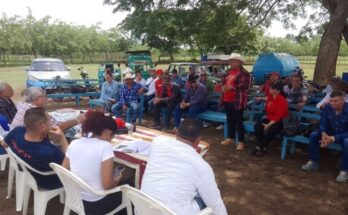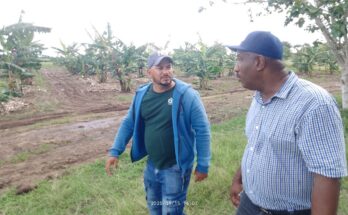July, 2024.- On July 6, 1982, Raúl Roa García, a consistent revolutionary and vigorous writer, debater, professor, politician and diplomat, died; career lawyer, very talkative, of modest character and generally in good humor, lover of reading and, like almost every Cuban, of baseball, the national sport.
Of Mambisa lineage, through his grandfather Ramón, those bonds of affection were natural, such as having been one of the founders of the University Student Directory; A relentless critic of imperialism, from his youth he was linked to revolutionary movements and after the triumph of January 1959 he was appointed Cuban ambassador to the Organization of American States (OAS) and, shortly after, Minister of Foreign Affairs.
In international forums Raúl Roa defended the just causes of the people of America and around the world, and because of his outstanding work on this front, the people called him with admiration and affection the Chancellor of Dignity.
His most notable diplomatic battle took place on April 17, 1961, when the Cuban people fighting in the sands of Playa Girón, denounced to the United Nations Political and Security Commission the mercenary invasion organized, armed and financed by the Central Agency. of United States Intelligence.
The selection of the book Pluma en Ristre, by Pablo de la Torriente Brau, and the compilation Con la pluma y el machete, by Ramón Roa, are due to his intellectual work; Among his books are Return to the Dawn, Adventures, Adventures and Misfortunes of a Mambí and the Revolution of 30 went to Bolina.
Raúl Roa García’s condition as a writer was manifested indistinctly in the cultivation of various genres of literary creation: essay, criticism, biography, journalism; In other orders of intellectual definition, he stood out as an orator, professor, historian and parliamentarian; But there is one trait, among the many that single out his essential revolutionary work, that defines his nature and is verified above all when facing his adversary: irony.
Protagonist and exceptional witness of the Cuban revolutionary movement since the 1930s, Raúl Roa García was also vice president of the National Assembly of People’s Power and member of the Central Committee of the Communist Party of Cuba and is undoubtly an important figure in the political and literary sphere of the 20th century in this country.





